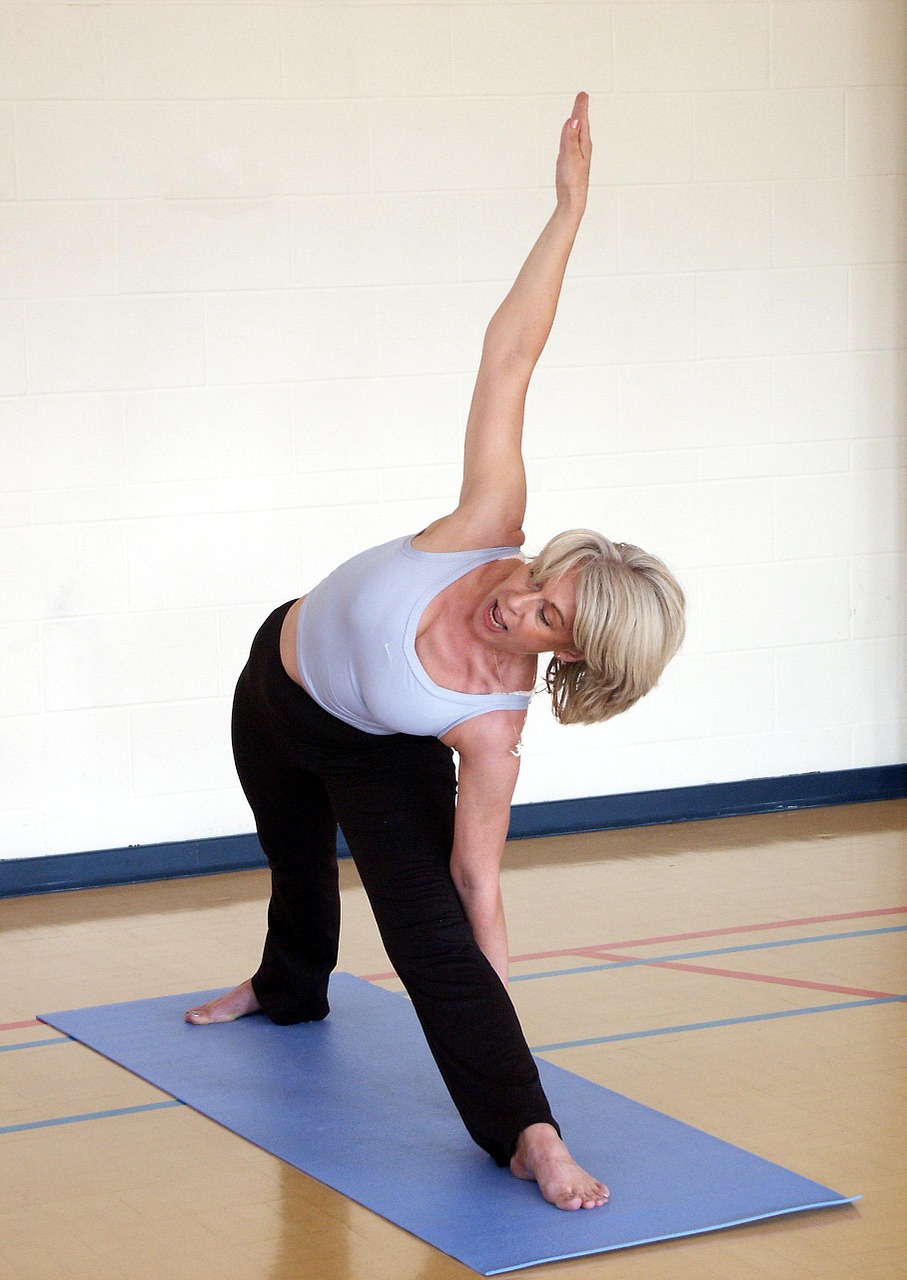How to Take Medication Responsibly when Recovering from Prescription Pill Addiction
After an individual suffers from a prescription pill addiction, it can be hard to know how to use medication responsibly.
According to the NIDA, when a prescription is taken as intended, they can treat the specific condition they were meant for but if they are taken in large quantities or when they aren’t needed, it can be just as dangerous as illicit drugs and be just as damaging to the body and brain.
However, there are other ways for an individual to take medications responsibly when recovering from a prescription pill addiction.
A Serious Condition
When the individual is in recovery, it is important that they find a doctor who will consider the condition as a serious one. A doctor who takes this addiction seriously will discuss the disorder and address any concerns or questions the patient may have.
Finding the right doctor for the job is vital to recovery, but it can be hard too, as some doctors are not yet aware of the high tolerance the addict has for anesthetics and the use of certain prescription medication for recovering people can cause a relapse.
Assign a Monitor

Find a doctor who takes your condition seriously and understands how to prevent relapse.
It is necessary for the individual to assign a monitor for when they are taking the medication, especially if they are mood-altering drugs. These drugs can trigger a relapse by reactivating the addictive thinking and cravings, and distort his or her judgment.
It is crucial for the recovering addict to warn their doctors if the prescription drug has the potential to cause a relapse due to its use to ensure they maintain their recovery.
Choose A Supporter
Many times when a recovering prescription pill addict needs to take medication, it is after a surgery. It is a good idea for him or her to choose someone to visit the recovering individual in the hospital and during recuperation, particularly when he or she wakes up.
It would also be most useful if the patient asked for closed meetings in the hospital rooms so that loved ones can support them during their weakest moments.
It can be scary for the recovering addict to use medication after their addiction, especially after the stress that can come with illness and surgery, so this support will go a long way to help them through the experience.
Seek Counseling for Surgery
A counselor is also important to maintaining recovery to guide them, will be able to minimize the risk of a relapse, especially before, and after the procedure is done. According to the Bureau of Labor Statistics, a counselor will advise people who suffer from an addiction by providing treatment and support to help him or her recover from it as well as teach them new ways of coping without using the drugs.
This will give the individual a chance to voice their problems with cravings, withdrawal, depression, and more, as well as a medical drug detox if it becomes necessary.
It can be very hard to use prescription drugs for individuals who have no other option, but there are ways to take medication responsibly when he or she are recovering from a prescription pill addiction.
A serious doctor will recognize the risk of relapse during the procedure and help to find a monitor, but it is also beneficial for the individual to find a monitor and counselor to ensure they do not slip into relapse while using the necessary medication.
If you or a loved one is suffering from prescription pill addiction and needs help, call 888-646-0865 (Who Answers?) to speak with a caring specialist that can assist you.





